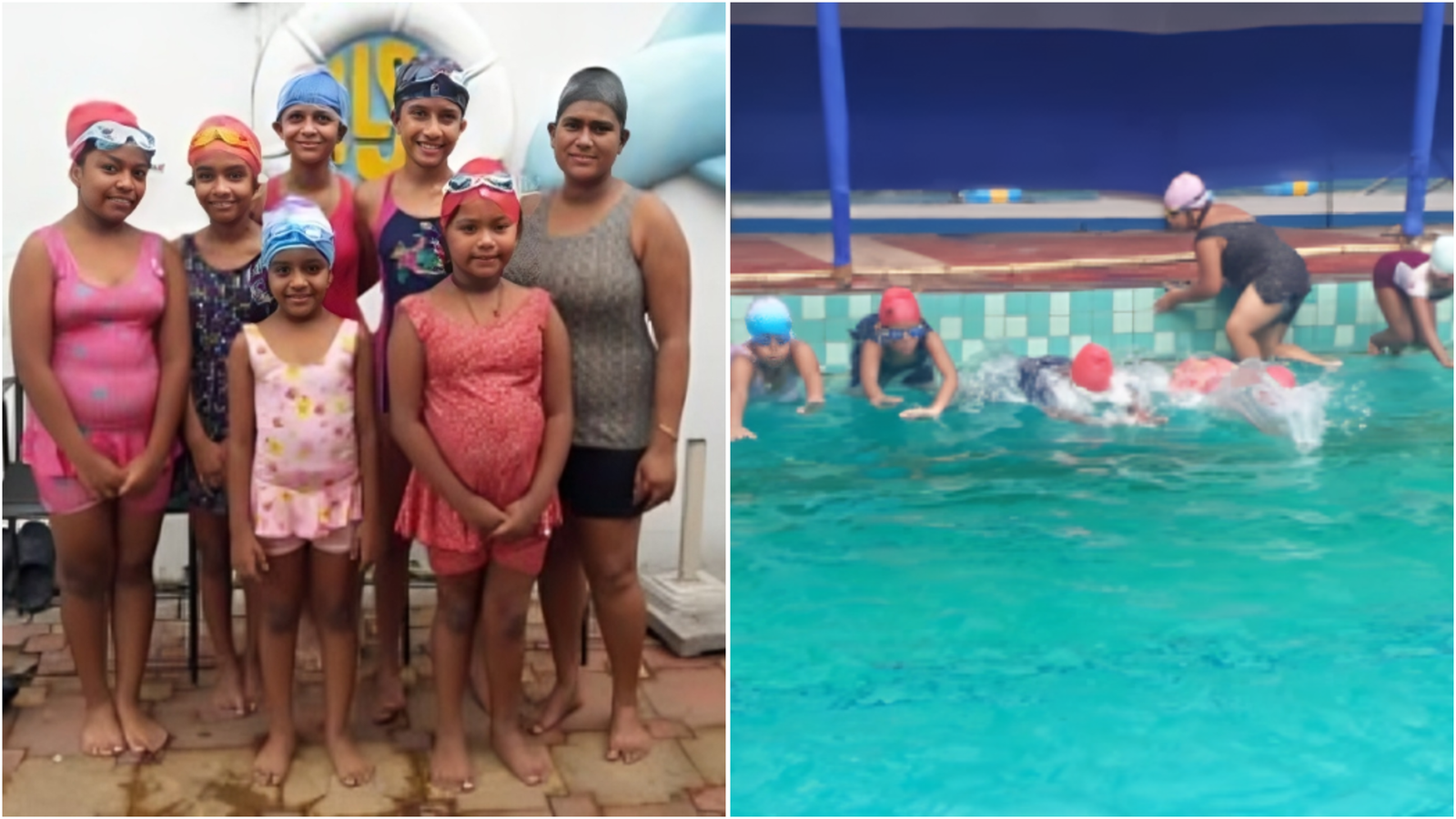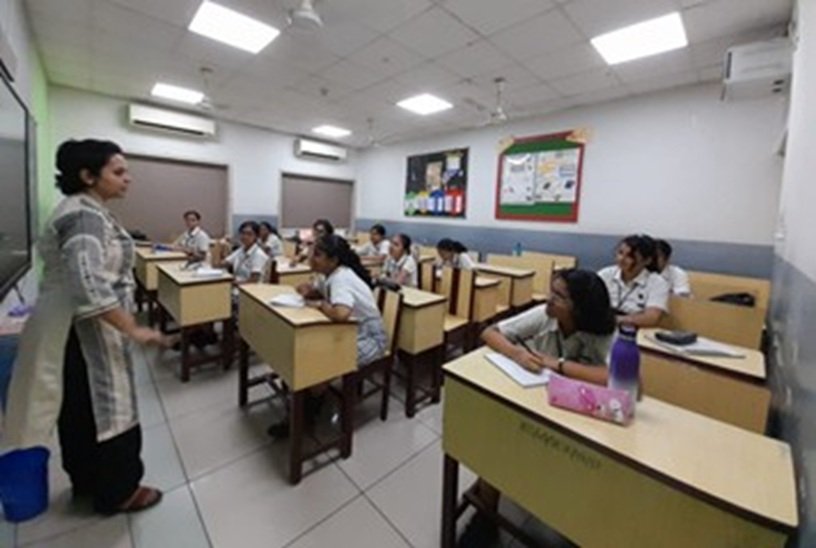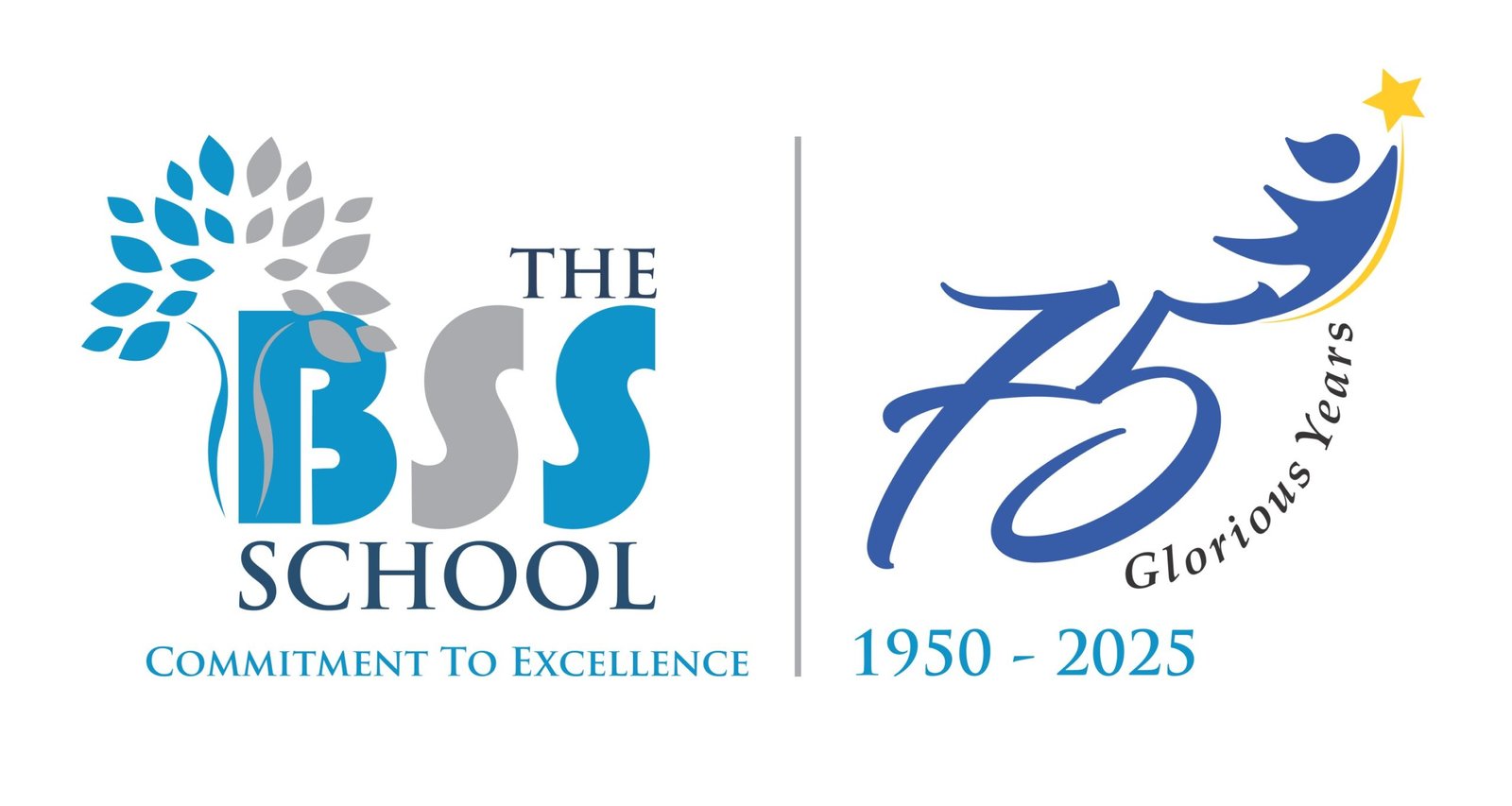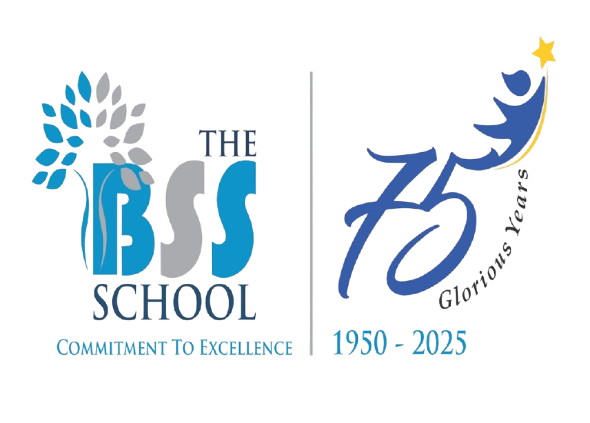EXTRA CURRICULAR ACTIVITIES
EXTRA CURRICULAR ACTIVITIES
Students being offered different Extra-Curricular activities help them to learn about themselves and develop and use their skills and knowledge in different contexts. It raises their self-esteem and positive social nature. By taking part, students can build long-lasting friendships and connections, meet students from different backgrounds, and gain transferable skills such as communication, leadership, team-work, organization, problem solving and time management.
SWIMMING
Teaching children to swim also makes them learn about water safety, to assess safe and dangerous situations and how to react in emergencies.


CHESS
A warring intelligent mind learns the art of controlled tactics to deal with opponents and give them the Check Mate.
POTTERY
The kinesthetic skills get moulded in different shapes and forms in the art of pottery.

EASTERN AND WESTERN DANCE
Various dance forms teach the children to be strongly rooted to their culture along with giving them an exposure to the world outside.

EASTERN AND WESTERN MUSIC
Culture, tradition with various folklore form the basis of their learning with their typical rhythm, form and soulfulness.

TABLE TENNIS
A game on the table which requires a lot of hand-eye coordination, students love to play this game even during the free time.

PUBLIC SPEAKING
Public Speaking empowers individuals to inspire, influence and create meaningful change in society.

FOREIGN LANGUAGES- SPANISH, FRENCH, CHINESE
Learning a foreign language broadens perspectives, enhances communication and opens doors to global opportunities.
FRENCH

SPANISH

CHINESE

SPECIAL ARTS
Learning arts nurtures creativity, emotional expression and a deeper understanding of the human experience.

KARATE
Karate, as an extracurricular activity, builds discipline, confidence, and physical fitness. For girls, it is especially important as it empowers them with self-defense skills, enhancing their safety and independence.

WESTERN INSTRUMENTS
Learning to play a musical instrument offers a wide range of benefits, including improved cognitive function (memory, focus, problem-solving), enhanced coordination, increased self-esteem, better social skills, development of discipline, stress relief, creative expression, and a sense of accomplishment, all while potentially boosting academic performance and providing a lifelong source of enjoyment.




